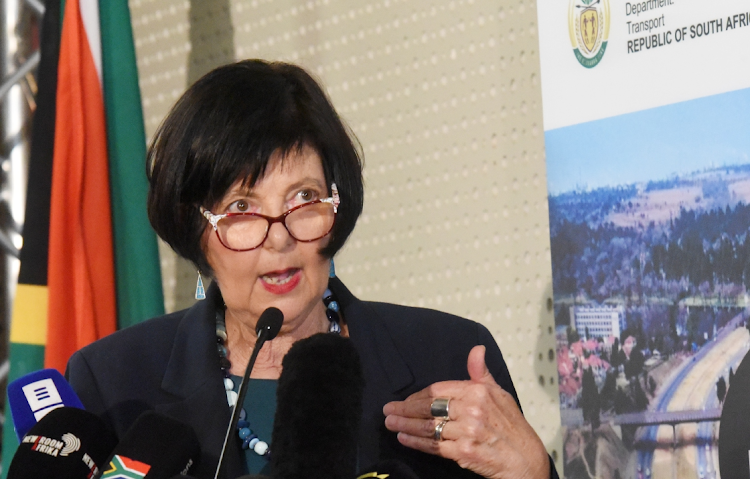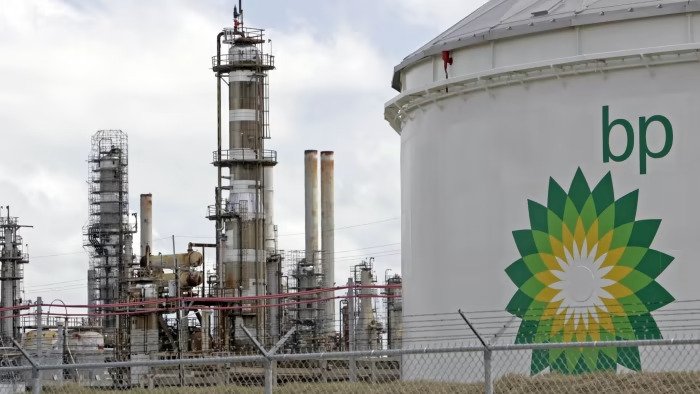South Africa has granted major international oil firms extended access to its most critical fuel hub, resolving years of uncertainty that threatened investment and supply stability. The decision, confirmed by the national fuels body, applies to energy giants including BP and Vitol, and marks a significant shift in the country’s approach to fuel infrastructure management.
Minister Barbara Creecy approved the lease extensions at Durban’s Island View Precinct following a request from the Fuels Industry Association of South Africa. Using Section 79 of the National Ports Authority Act, the minister exercised her power to override conventional procedures, citing the move as necessary in the national interest.

Island View Precinct, part of the Durban port on the east coast, serves as the country’s main petrochemical hub and storage facility. Roughly 70% of South Africa’s fuel imports pass through the terminal, making it vital for supply security and trade flows.
Fani Tshifularo, chief executive of the Fuels Industry Association, welcomed the decision. “The Section 79 letter was issued to our members … It is in our favour. Remember, we wanted a long-term tenure, so we got that,” he said.
A BP spokesperson confirmed that approval had been granted to Sapref Pty Ltd, a joint venture with Shell. The entity shifted focus to fuel imports at Island View after halting refinery operations in 2022 and later selling the plant to the state-owned Central Energy Fund.
Engen, majority-owned by Vitol, also acknowledged that the minister had approved access under certain conditions but declined to disclose specifics.
Lease Deal Sparks Negotiations Over Refining Future
Tshifularo noted that “for my members, I know that there are 25-year lease negotiations that are going to commence with Transnet National Ports Authority (TNPA).” A transport ministry spokesperson declined to provide details, saying a formal statement would be released in due course. Transnet itself said it would respond later.
The Central Energy Fund, which has lodged its own Section 79 application, did not comment on how the ruling could impact its strategy. The Fund has been exploring ways to revive the Sapref refinery, damaged during past flooding, while also strengthening its oil trading division through its subsidiary SANPC.
South Africa now imports the largest volume of refined fuel products in Africa, overtaking Nigeria in 2025. The country is projected to import nearly 15 million tons of fuel this year—almost double the amount Nigeria brings in. Nigeria’s reliance on imports has eased following domestic refining expansions, including the opening of the Dangote Refinery.
The country’s dependence on imports is largely the result of shutdowns and delays in upgrading domestic refineries. Local production shortfalls have forced South Africa to rely more heavily on foreign suppliers, with fuel imports accounting for around 19.4% of total merchandise imports.
Durban’s Island View Precinct has become central to managing this dependence, as it handles roughly 70% of imports flowing into the country. Granting long-term leases to global companies such as BP and Vitol is part of a wider government strategy to bolster investment and ensure consistent supply.
In 2024, key fuel import sources included Oman, India, Saudi Arabia, and the United Arab Emirates, with billions in trade value exchanged. Rising import bills underscore the vulnerability of South Africa’s fuel market to global crude prices, shipping costs, and supply chain disruptions.
The government has paired the lease approvals with efforts to stabilize the fuel sector more broadly. These measures include policy reforms, monthly fuel price adjustments aligned with international benchmarks, and infrastructure investments designed to strengthen resilience.
Industry stakeholders say these moves reflect an urgent balancing act: meeting immediate national demand while also addressing long-term energy security challenges. For now, granting extended leases at Island View signals a commitment to protecting the country’s fuel lifeline and encouraging fresh investment in a sector under growing pressure.
READ ALSO: Brako-Powers Dismisses Claims of GBA Partisan Bias



















